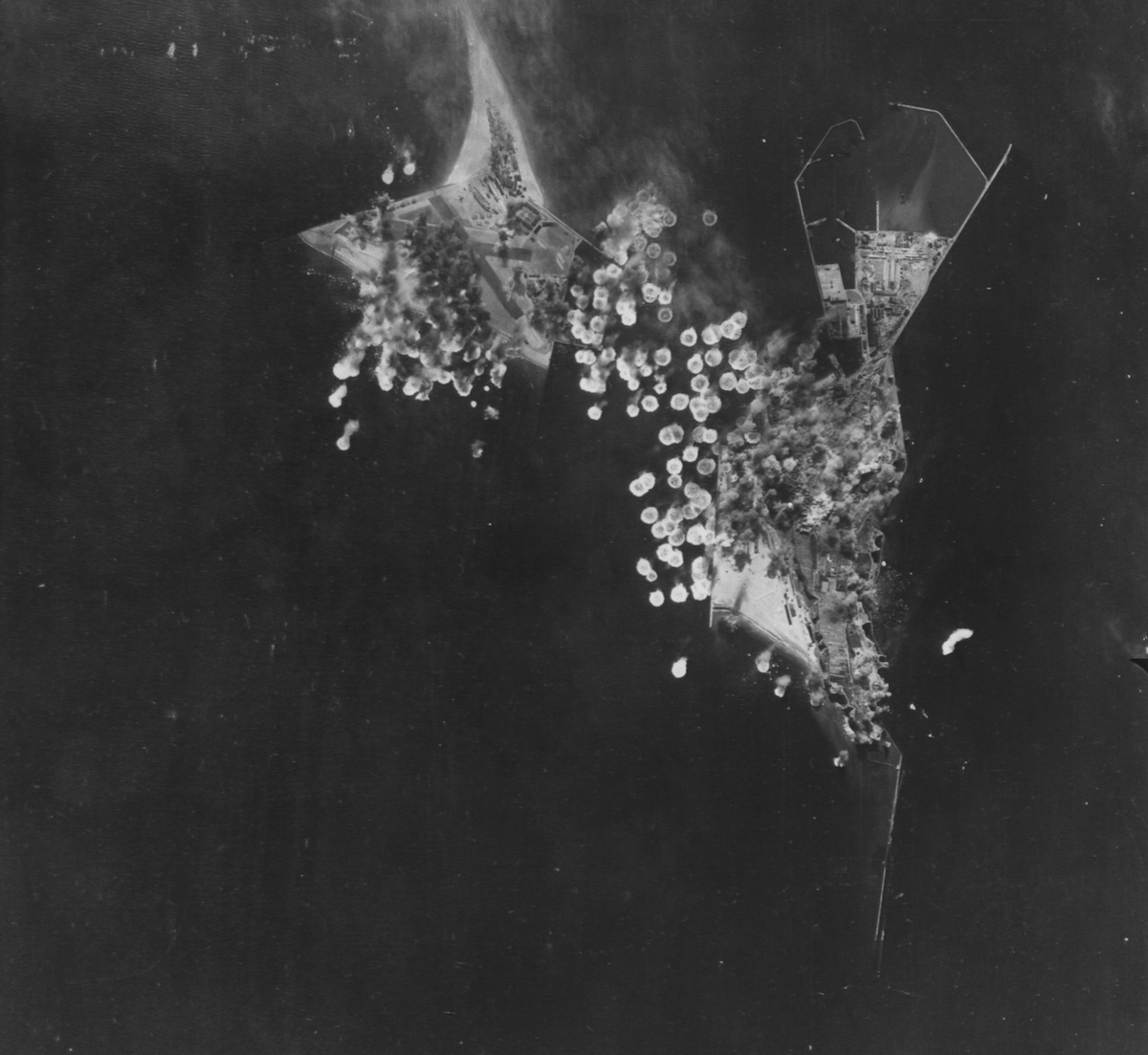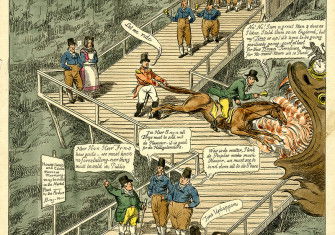The Rise and Ruin of Heligoland
The key to Germany’s imperial ambition, the North Sea island of Heligoland was transformed into a fortress. By the end of the Second World War, the dream lay in ruins.

On 18 April 1947, British forces set off the largest non-nuclear explosion in history. The target was a cliff-bound islet in the North Sea, 50 miles from the German coast: Heligoland. For generations this outpost, half the size of Gibraltar, had stood as a symbol of Anglo-German conflict. As far as the British government was concerned, a long tradition of German militarism was about to come to a conclusive end. ‘No more Heligolands’, Admiral ‘Jackie’ Fisher had vowed before the First World War. A generation later, his vow was to be realised.







